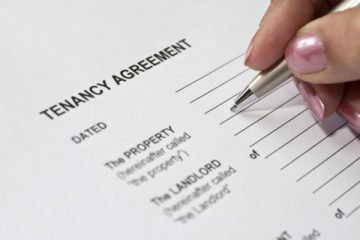Councils Crackdown on Rogue Landlords
Two councils, who have not previously adopted licensing rules, have now increased their efforts in helping the private rental sector.
Using their existing powers, Greenwich, and Boston councils have claimed that they are cracking down on bad landlords and letting agents.
Boston in Lincolnshire last year rejected the idea of obligatory landlord licensing, but is continuing with its Rogue Landlord Project.
The scheme was introduced last year with £109,000 of Government funding. Landlords objected to licensing in the past, which would have cost £450 per property.
The Council’s alternative route includes a hotline for those who wish to voice their concerns about a property, landlord, or letting agent in the borough. Callers can remain anonymous.
Councillors in Boston have now voted to use the authority’s own funding to uphold the system.
199 properties were inspected in the year to the end of January 2015. A total of 245 notices, as follows, were served1:
- 132 notices for power of entry
- 80 formal requests for information
- 9 demands for payment
- 8 improvement notices
- 8 hazard awareness notices
- 3 prohibition notices
- 2 emergency remedial notices
- 2 environmental protection notices
- 1 temporary exemption notice
A spokesperson for the Council described the scheme as “a deterrent.”1
Greenwich Council has also made 1,000 visits to properties since the launch of their clampdown last spring.
A specialist rogue landlord team is currently involved in 800 inquiries.
They have also served over 100 improvement notices, and began legal prosecutions.
Visits have identified 430 category one hazards, including leaking roofs, and allowing water directly into homes.
Councillor Jackie Smith, the Greenwich Council cabinet member for community safety and environment, says: “At a time when private sector rents are so high, it’s especially unacceptable for tenants to have to live in some of the poor, dangerous, and often illegal conditions we have been seeing.”1
The London Fire Brigade are partnering with the Council on this task. And Greenwich, like Boston, does not have a licensing scheme beside the compulsory one for certain Houses in Multiple Occupation (HMOs).
1 http://www.propertyindustryeye.com/councils-crack-rogue-landlords-using-existing-powers/









